Yale Law School has secured its position as the leading intellectual center for the study of law, economics, and organization thanks to its world class faculty. In addition to scholarly excellence, Yale faculty have always played prominent public roles. Yale Law School teachers have held important roles in all major American policy moments of the past century. Roosevelt's New Deal involved many faculty (such as Jerome Frank and Thurman Arnold) in its construction and engaged them in the active making of policy. Eugene Rostow, Alexander Bickel, and many others either held positions in government or served as informal but close advisers to policymakers during the civil rights and Vietnam war eras.

Bruce Ackerman is Sterling Professor of Law and Political Science at Yale, and the author of 18 books that have had a broad influence in political philosophy, constitutional law, and public policy. His major works include Social Justice in the Liberal State and his multivolume constitutional history, We the People.

Ian Ayres is a lawyer and an economist. He is the Oscar M. Ruebhausen Professor at Yale Law School and a Professor at Yale's School of Management.

Judge Calabresi was appointed United States Circuit Judge in July 1994, and entered into duty on September 16, 1994. Prior to his appointment, he was Dean and Sterling Professor at Yale Law School, where he began teaching in 1959, and is now Sterling Professor Emeritus of Law.

Robert C. Ellickson is the Walter E. Meyer Professor Emeritus of Property and Urban Law. He formerly was a member of the law faculties at USC and Stanford. His major research interests are property, land use, housing, local government, urban history, and social norms.

Michael J. Graetz is the Wilbur H. Friedman Professor of Tax Law and the Columbia Alumni Professor of Tax Law at Columbia Law School. He is also the Justus S. Hotchkiss Professor of Law Emeritus at Yale Law School. His publications on the subject of federal taxation also include more than 60 articles on a wide range of tax, international taxation, health policy, and social insurance issues in books and scholarly journals.

Henry Hansmann is the Oscar M. Ruebhausen Professor Emeritus of Law at Yale Law School. His scholarship has focused principally on the law and economics of organizational ownership and design. He has written extensively about nonprofit organizations, the relationship between contract law and organizational law, the historical evolution of organizational forms, and the structure of property rights.

Christine Jolls is the Gordon Bradford Tweedy Professor at Yale Law School. She is also the Director of the Law and Economics Program at the National Bureau of Economic Research (NBER) with headquarters in Cambridge, Massachusetts.

Alvin Klevorick is the John Thomas Smith Professor of Law at Yale Law School, Professor of Economics in the Department of Economics at Yale University, and Counselor to the Dean at Yale Law School. His subject areas are antitrust and economic regulation, law and economics, torts, market organization, and economic theory.

Zachary Liscow is Professor of Law at Yale Law School. His wide-ranging work in law and economics currently covers tax policy, benefit-cost analysis, and infrastructure construction costs. He is particularly interested in developing cost-effective policies to address inequality and understanding what drives the high costs of building U.S. infrastructure.
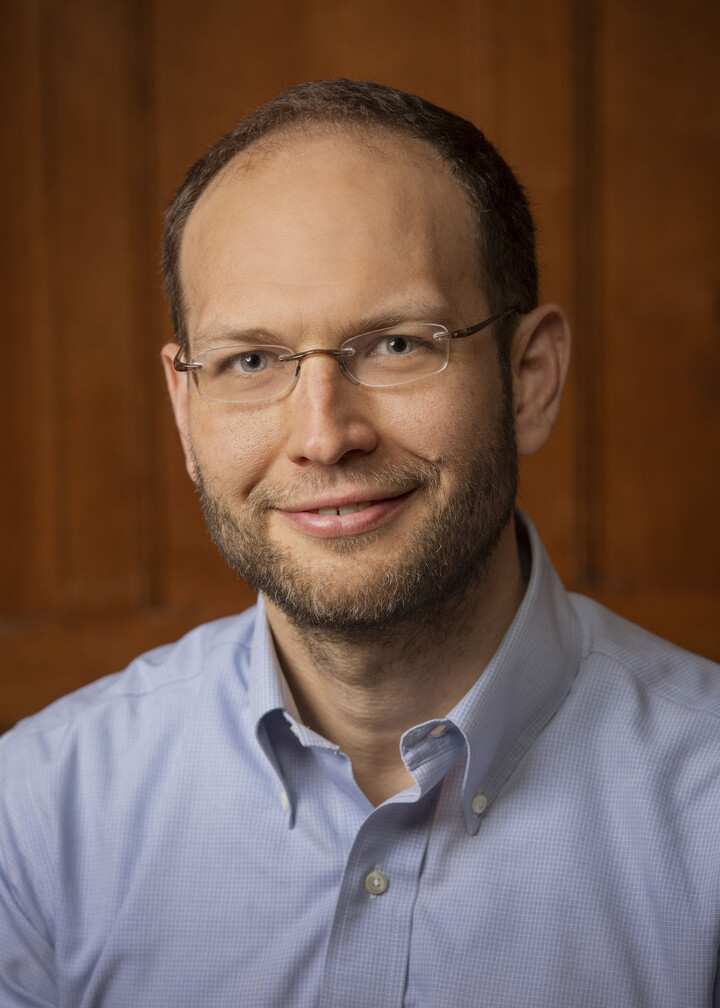
Yair Listokin is the Shibley Family Fund Professor of Law at Yale Law School. His scholarship studies tax law, corporate law, bankruptcy law, contract law, and the law of central banking.

Jonathan R. Macey is the Sam Harris Professor of Corporate Law, Corporate Finance and Securities Law at Yale University, and Professor in the Yale School of Management. Macey is the author of several books including the two-volume treatise, Macey on Corporation Laws, and co-author of two leading casebooks, Corporations: Including Partnerships and Limited Liability Companies and Banking Law and Regulation.

Joshua Macey is an Associate Professor of Law at Yale Law School. Macey teaches and writes about bankruptcy, environmental law, energy law, and the regulation of financial institutions. Macey’s latest work focuses on the fragility of the nation’s electric grid and offers strategies to improve grid reliability and accelerate the transition to new sources of energy.
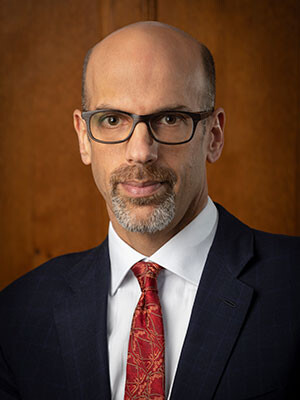
Daniel Markovits is Guido Calabresi Professor of Law at Yale Law School. He works in the philosophical foundations of private law, moral and political philosophy, and behavioral economics.
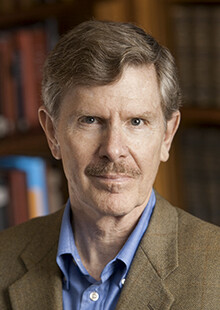
Jerry L. Mashaw is Sterling Professor Emeritus of Law at Yale Law School, where he teaches courses on administrative law, social welfare policy, regulation, legislation, and the design of public institutions. He formerly taught at Tulane University and the University of Virginia.

John Morley is Augustus E. Lines Professor of Law at Yale Law School. His research focuses on the law and economics of organization, with a special emphasis on the regulation and structure of investment funds.

Nicholas R. Parrillo is William K. Townsend Professor of Law at Yale, with a secondary appointment as Professor of History. His research and teaching focus on administrative law and government bureaucracy and extend to legal history, remedies, and legislation.

George L. Priest is the Edward J. Phelps Professor of Law and Economics. An internationally recognized expert, Priest has focused his research over the past two decades on antitrust, the operation of private and public insurance, and the role of the legal system in promoting economic growth.

Roberta Romano is Sterling Professor of Law at Yale Law School and Director of the Yale Law School Center for the Study of Corporate Law. Her research has focused on state competition for corporate charters, the political economy of takeover regulation, shareholder litigation, institutional investor activism in corporate governance, and the regulation of securities markets and financial instruments and institutions.

Susan Rose-Ackerman is the Henry R. Luce Professor Emeritus of Jurisprudence (Law and Political Science) with joint appointments between Yale Law School and the Yale Department of Political Science. She has taught and written widely on corruption, law and development, administrative law, law and regulatory policy, the nonprofit sector, and federalism.
Sarath Sanga is a Professor of Law at Yale Law School. His research focuses on corporate law and contract theory. His work has appeared in leading journals, including the Journal of Political Economy, the Journal of Law & Economics, and Science.
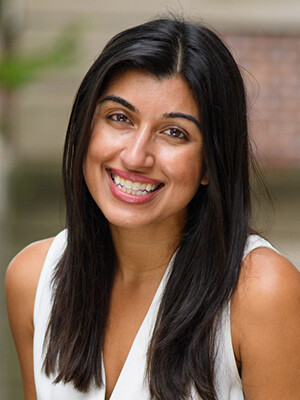
Natasha Sarin is an Associate Professor of Law at Yale Law School with a secondary appointment at the Yale School of Management in the Finance Department. Previously, she served as Deputy Assistant Secretary for Economic Policy and later as a Counselor to Treasury Secretary Janet Yellen at the United States Treasury Department, where her work focused on narrowing the gap between the taxes owed by the American public and those collected by the Internal Revenue Service.
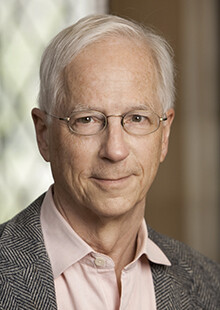
Alan Schwartz is a Sterling Professor at Yale University. His appointments are in the Yale Law School and the Yale School of Management. His academic specialties include corporate finance and corporate governance, mergers and acquisitions, bankruptcy, contracts, and commercial transactions.
